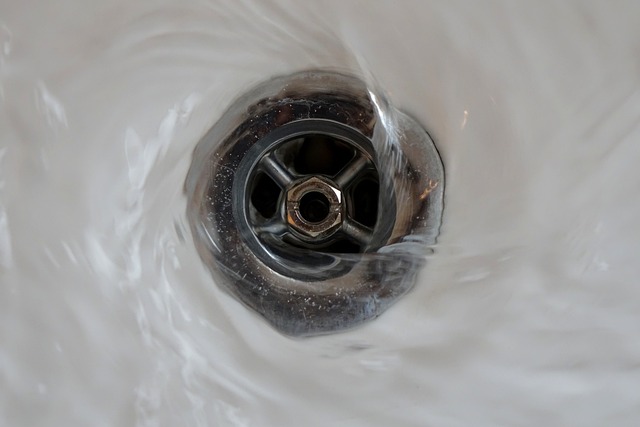The Importance of Recycling in Waste Management
Proper waste management is crucial for maintaining a healthy environment. One of the most important aspects of waste management is recycling. Recycling plays a vital role in reducing the environmental impact of waste and conserving natural resources. In this section, we will explore the importance of recycling in waste management.
First and foremost, recycling helps to conserve valuable resources. Many products are made from materials that can be recycled, such as paper, plastic, glass, and metal. By recycling these materials, we can reduce the need for extracting and processing raw materials, which often involves destructive mining practices and energy-intensive manufacturing processes. By reusing these materials, we can significantly reduce the strain on our natural resources.
Furthermore, recycling helps to reduce the amount of waste that ends up in landfills. Landfills are not only unsightly but also pose a significant threat to the environment. When waste decomposes in landfills, it releases harmful greenhouse gases, such as methane, which contribute to climate change. By recycling, we can divert waste from landfills and reduce the production of these harmful gases.
In addition to conserving resources and reducing landfill waste, recycling also helps to save energy. The production of new products from recycled materials requires less energy compared to manufacturing products from raw materials. For example, recycling aluminum cans requires 95% less energy than producing new cans from bauxite ore. By recycling, we can reduce our energy consumption and decrease our reliance on fossil fuels, which are major contributors to air pollution and climate change.
Moreover, recycling plays a crucial role in reducing pollution. When waste is not properly managed, it can contaminate soil, water, and air. For instance, when plastic waste ends up in oceans and rivers, it breaks down into microplastics, which are ingested by marine life and can eventually make their way into our food chain. By recycling plastic, we can prevent it from polluting our environment and harming wildlife.
Furthermore, recycling helps to create jobs and stimulate economic growth. The recycling industry provides employment opportunities in various sectors, such as collection, sorting, processing, and manufacturing. According to a study conducted by the Environmental Protection Agency, recycling and reuse activities in the United States generated over 757,000 jobs and contributed $36.6 billion in wages in a single year. By investing in recycling infrastructure and promoting recycling initiatives, we can create a sustainable economy that benefits both the environment and society.
In conclusion, recycling is an essential component of proper waste management. It helps to conserve resources, reduce landfill waste, save energy, prevent pollution, and stimulate economic growth. By actively participating in recycling programs and making conscious choices to recycle, we can all contribute to a cleaner and healthier environment. It is imperative that we recognize the importance of recycling in waste management and take action to ensure a sustainable future for generations to come.



